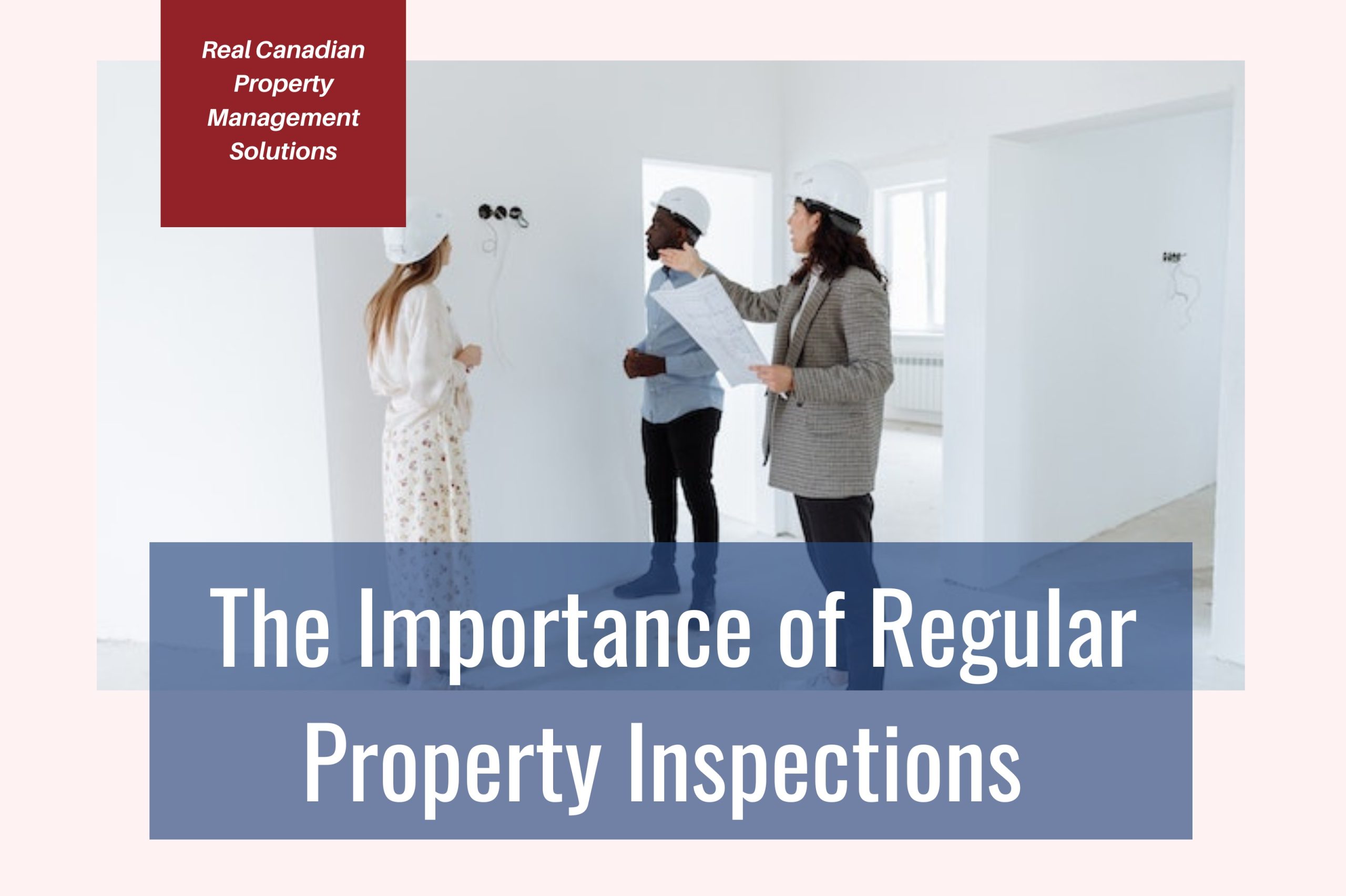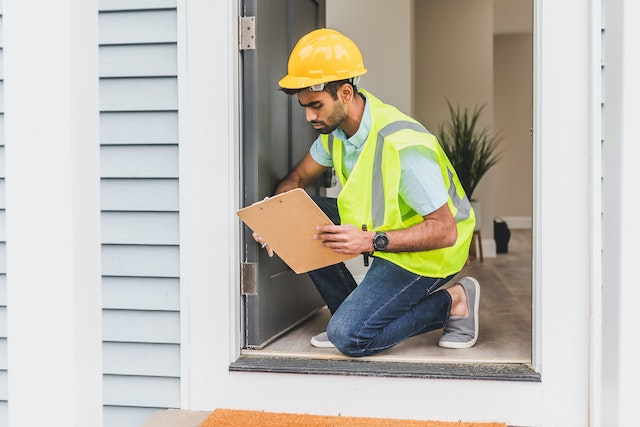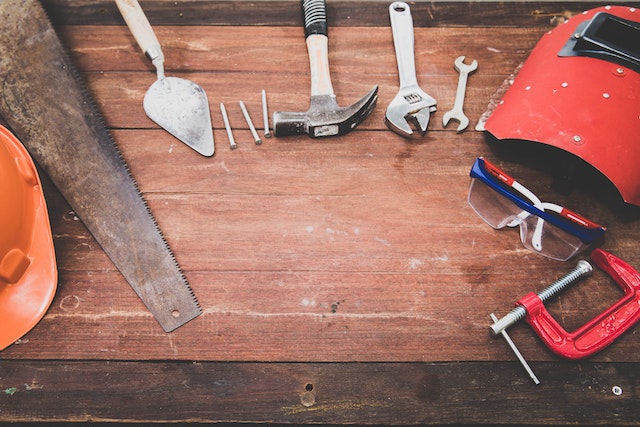
As a landlord, your rental properties are not just assets but also a source of income and investment. To safeguard your financial interests and maintain satisfied tenants, property inspections are of paramount importance.
Regular inspections allow you to assess the condition of your properties, identify potential issues, and address them promptly. It’s essential to understand the significance of property inspections for your rental business.
In addition, landlords should also understand the different types of property inspections that can help them protect their investments and ensure tenant satisfaction.
Why Should You Conduct Property Inspections?
There are several reasons why landlords must conduct property inspections, such as the following:
1. To Maintain Property Conditions
Regular property inspections enable landlords to assess the condition of their properties thoroughly. By identifying any wear and tear, damages, or maintenance requirements, landlords can address these issues promptly, preventing them from escalating into costly repairs in the future.
Regular inspections help maintain the structural integrity of the property, ensuring its longevity and value.
2. To Ensure Tenant Safety and Satisfaction
Tenant safety and satisfaction are crucial for a successful landlord-tenant relationship and long-term resident. Property inspections allow landlords to identify potential safety hazards, such as faulty wiring, gas leaks, or structural weaknesses.

By promptly addressing these issues, landlords demonstrate their commitment to tenant well-being and create a safe living environment. Additionally, inspections help landlords identify and rectify any issues that may affect tenant satisfaction, such as plumbing problems or HVAC malfunctions, enhancing the overall living experience.
3. To Adhere to Legal and Regulatory Requirements
Property inspections also play a pivotal role in ensuring compliance with legal and regulatory requirements. Landlords have a responsibility to provide safe and habitable living conditions for their tenants.
Regular inspections help identify any violations or non-compliance issues, allowing landlords to rectify them promptly. By adhering to legal requirements, landlords protect themselves from potential lawsuits and maintain a positive reputation.
4. To Provide Proactive Maintenance and Cost Management
By conducting regular property inspections, landlords can adopt a proactive approach to maintenance. Identifying potential issues early on enables landlords to address them before they worsen or become more expensive to fix.
This proactive maintenance approach helps landlords manage costs effectively and prevent major disruptions that may impact tenant satisfaction or lead to vacancies.
5. To Identify Lease Violations
Property inspections give landlords the opportunity to identify any lease violations committed by tenants. This can include unauthorized pets, illegal subletting, or excessive occupancy.
By conducting regular inspections, landlords can promptly address these violations, enforce lease terms, and maintain a harmonious and compliant tenant community.

6. To Protect Against Property Damage
Unforeseen damages can occur during a tenant’s occupancy, whether accidental or intentional. Property inspections allow landlords to detect any damages caused by tenants, such as broken fixtures, wall damage, or neglected maintenance.
By identifying these issues early on, landlords can hold tenants accountable for the repairs or necessary deductions from their security deposit, ensuring that the property remains in good condition.
7. To Conduct Proactive Pest Management
Pests can pose significant challenges for landlords, leading to property damage and tenant dissatisfaction. Regular property inspections help landlords detect signs of pest infestations, such as rodents, insects, or termites.
By taking prompt action, such as arranging pest control services, landlords can mitigate the issue before it spreads, protecting the property and ensuring tenant comfort and satisfaction.
Different Types of Property Inspections
- Move-in and Move-out Inspections
Move-in and move-out inspections are essential for documenting the condition of the property before and after a tenant’s occupancy. These inspections involve a thorough assessment of the property’s condition, noting any existing damages or maintenance requirements.
By conducting these inspections and maintaining detailed records, landlords can fairly assess any damages beyond normal wear and tear and determine appropriate deductions from the security deposit.
- Routine Inspections
Routine inspections are regular inspections conducted during a tenant’s occupancy, typically on a quarterly or bi-annual basis. These inspections focus on assessing the overall condition of the property, including the functionality of appliances, plumbing systems, electrical components, and any other relevant areas.

Routine inspections provide an opportunity to address minor maintenance issues promptly and maintain the property’s condition.
- Seasonal Inspections
Seasonal inspections are particularly important for properties that experience extreme weather conditions or have specific seasonal maintenance requirements. For instance, properties in cold climates may require inspections before winter to ensure the proper functioning of heating systems, insulation, and pipes.
Similarly, properties with gardens or outdoor spaces may require inspections before the spring or summer seasons to address landscaping or irrigation needs.
- Compliance Inspections
Compliance inspections are conducted to ensure that the property meets all legal and regulatory requirements. These inspections focus on various aspects, such as fire safety measures, electrical safety, building codes, and accessibility standards.
By conducting compliance inspections, landlords demonstrate their commitment to providing safe and compliant living spaces for their tenants.
Effective Tips for Conducting Property Inspections
- Schedule regular inspections: Establish a schedule for routine inspections to ensure consistent monitoring of the property’s condition.
- Prepare inspection checklist: Create a detailed checklist to guide you through the inspection process, covering key areas.
- Communicate with tenants: Notify tenants in advance about the upcoming inspection to ensure cooperation and access to the property.
- Document findings: Take clear and detailed notes, accompanied by photographs, to document the condition of the property during the inspection.
- Address maintenance issues promptly: If any maintenance or repair issues are identified, take immediate action to resolve them to prevent further damage and maintain tenant satisfaction.

- Check for safety hazards: Pay attention to potential safety hazards such as faulty wiring, loose handrails, or trip hazards, and prioritize their resolution.
- Assess compliance with regulations: Ensure that the property meets all relevant legal and regulatory requirements, including fire safety measures, building codes, and accessibility standards.
- Review lease agreements: During inspections, cross-reference the lease agreements to ensure tenants are abiding by the terms and conditions, including occupancy limits and pet policies.
- Keep records: Maintain organized records of inspection reports, photographs, and any correspondences related to property inspections for future reference.
- Communicate findings with tenants: Communicate with tenants and provide a summary of the inspection findings, including any necessary follow-up actions or recommendations for improvement.
- Hire a property manager: If this task is too much for you to do on your own, it’s best to work with a professional property manager and they will conduct inspections on your behalf.
Bottom Line
Property inspections are an indispensable practice for landlords, offering numerous benefits that safeguard investments and ensure tenant satisfaction.
They empower landlords to create safe, well-maintained, and desirable living environments for their tenants while safeguarding their own financial interests. If you think you cannot commit to this, contact Real Canadian Property Management Solutions and we’ll be happy to help you!